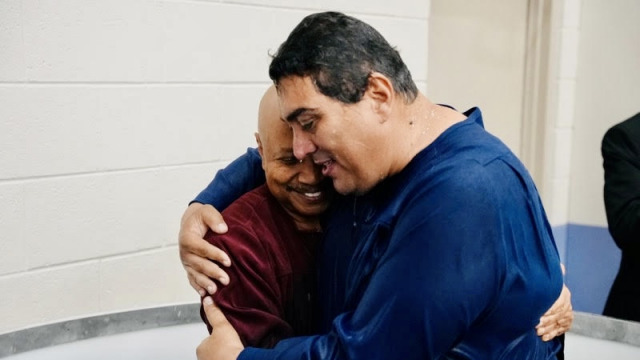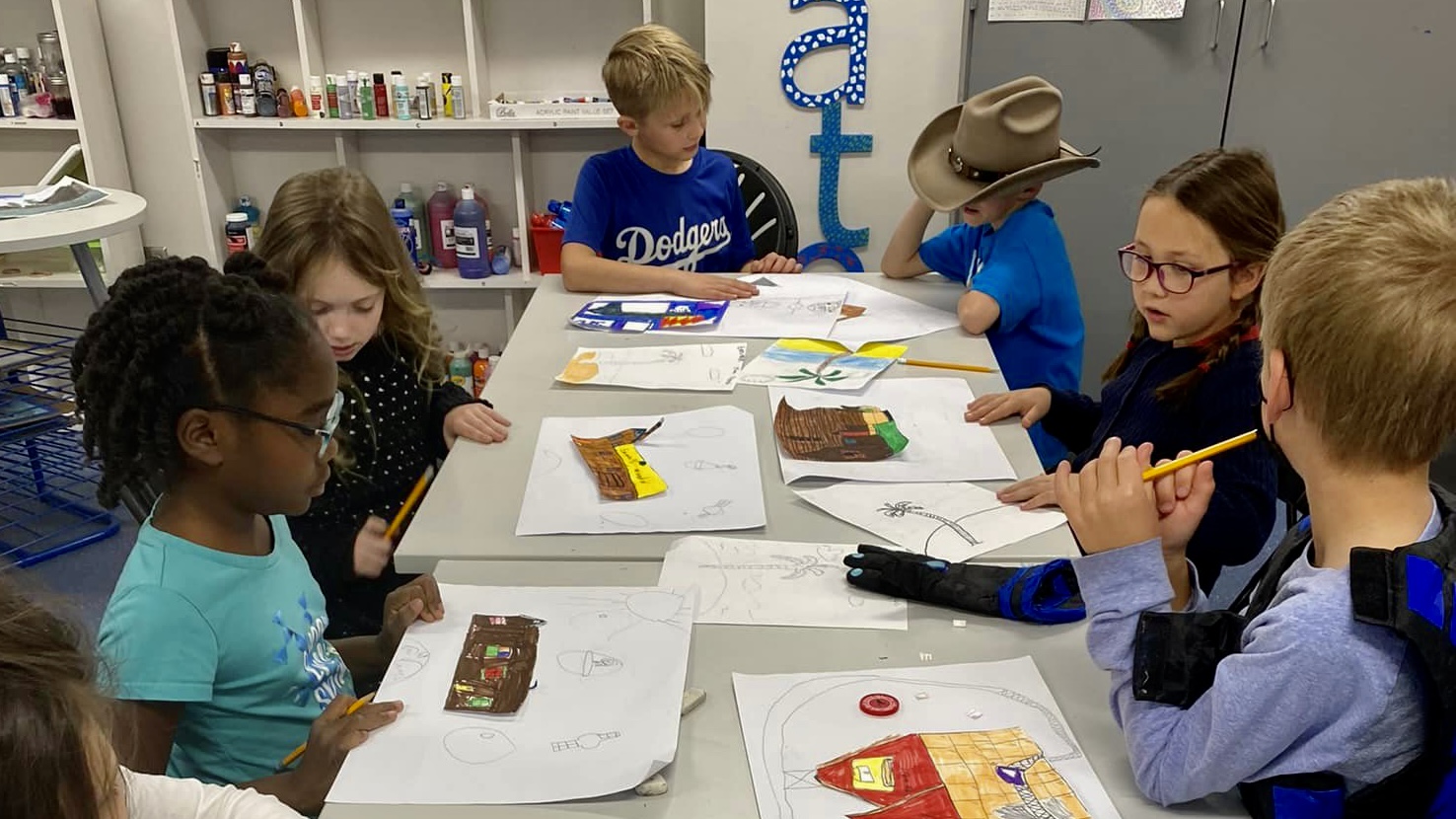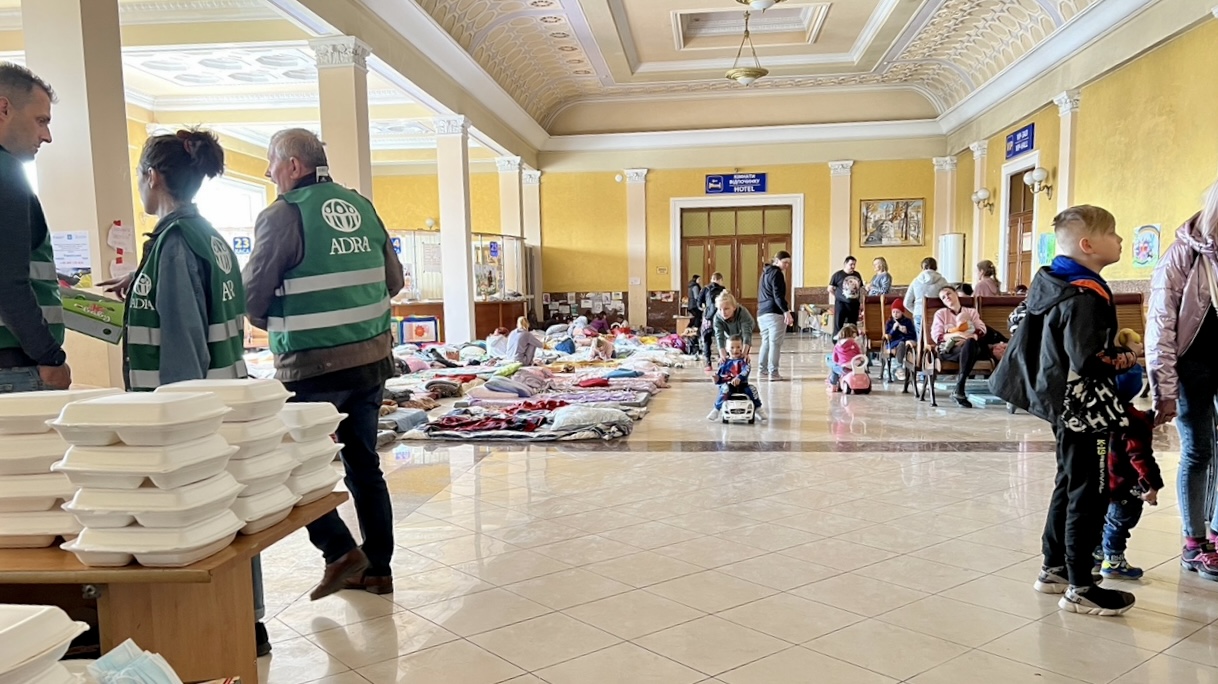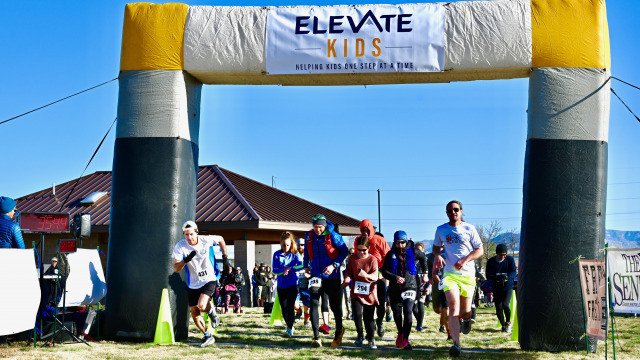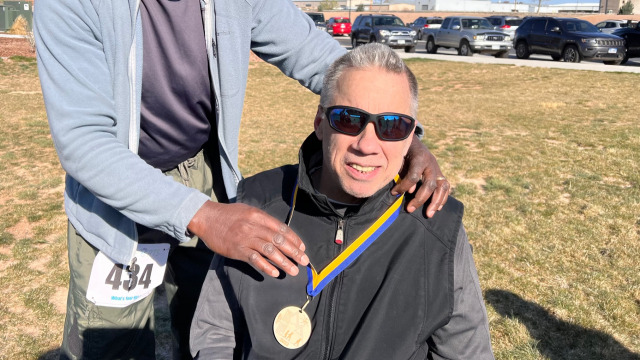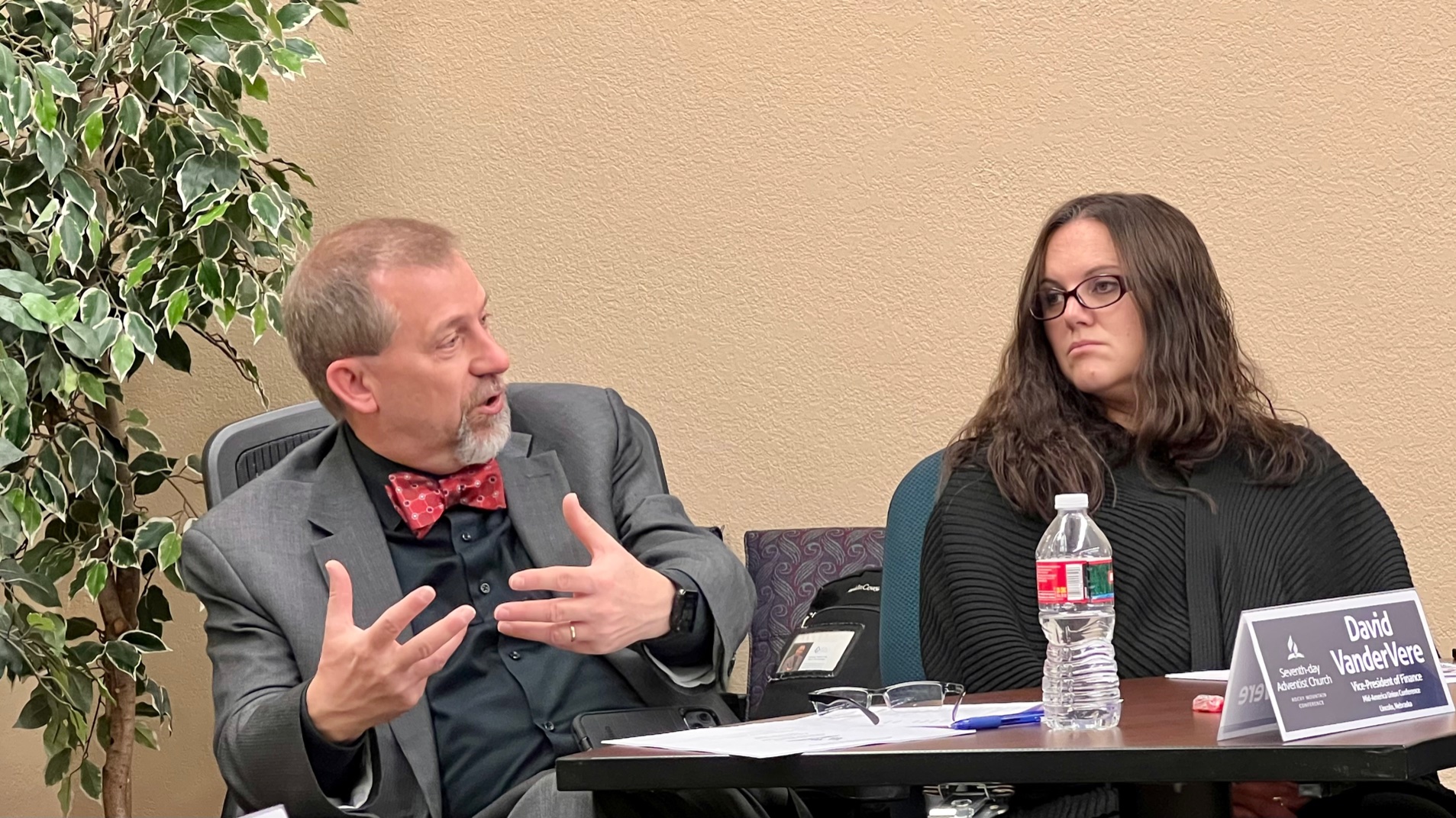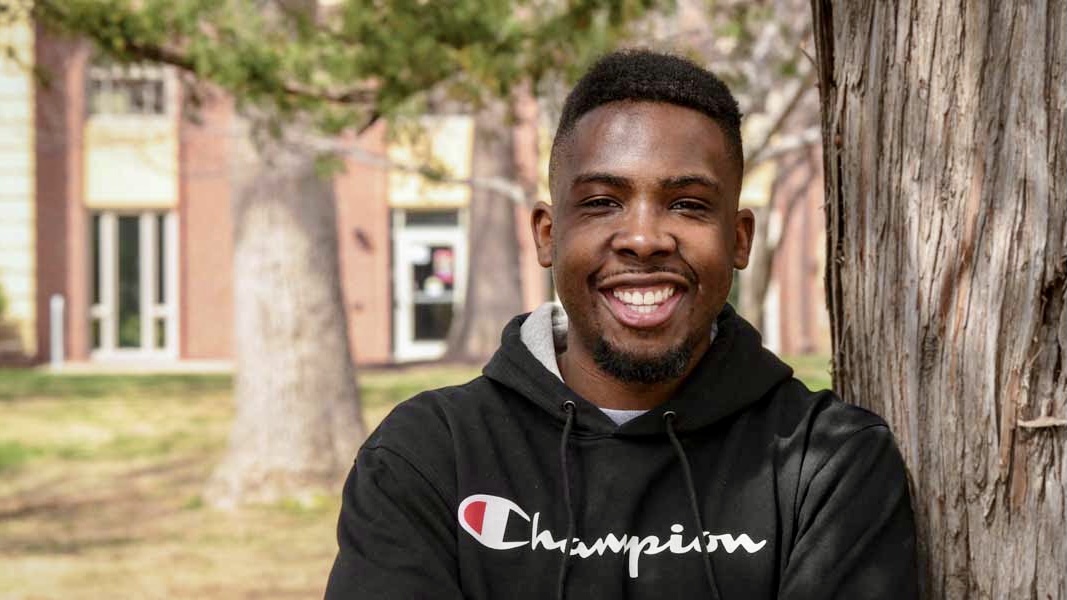By Lester Bentley … “Now in the first year of Cyrus king of Persia, that the word of the LORD by the mouth of Jeremiah might be fulfilled, the LORD stirred up the spirit of Cyrus king of Persia, so that he made a proclamation throughout all his kingdom, and also put it in writing saying, Thus says Cyrus king of Persia: All the kingdoms of the earth the LORD God of heaven has given me. And He has commanded me to build Him a house at Jerusalem which is in Judah.” (Ezra 1:1, 2)
“The LORD stirred up the spirit of Cyrus.” The Lord can stir the hearts of kings. “The king’s heart is in the hand of the LORD, as the rivers of water: He turns it whithersoever He will.” (Proverbs 21:1)
We may not have access to the king or the ruler of the land, but we may pray as Daniel did, and God can touch the heart and spirit of the king on his throne.
According to the historian Josephus, Daniel had read the prophecies of Isaiah and Jeremiah to King Cyrus. He pointed out that God had named him a hundred years before he was born. It must have stirred the young king to hear his name read out in the ancient scrolls of the prophets, Isaiah and Jeremiah.
But we may ask, “What caused Daniel to instruct the king? What allowed Daniel to speak with Cyrus?”
Yes, indeed, Daniel was a high official in the Persian government. His close encounters with the king may have allowed him to talk with the king about different situations. The king was undoubtedly impressed with Daniel and the wisdom Daniel possessed from his years in the Babylonian court.
But instead, it was the result of Daniel remaining faithful during one of the most challenging and trying times of his life that opened the door.
In Daniel 1, Daniel spearheads a movement by himself and his three friends to remain faithful to God. Late in his life, Satan directs certain officials in the Persian court to become jealous of Daniel. They trick Darius into passing laws making it illegal for Daniel to worship his God.
Daniel follows through on the commitment made in Daniel 1 by remaining faithful, as we see in Daniel 6. As a result, the situation looks hopeless as Daniel is reported to Darius, the king. The law states that those failing to comply must be thrown to the lions.
As a result, Daniel spends the night talking with lions. The following day, having received protection from God and fulfilling the requirements of the law, Daniel is rescued from the lions. Who could have accounted for his surviving a night with the lions?
What an impact Daniel had through his experience with the lions. Note this passage from the book Prophets and Kings by Ellen G. White.
“The deliverance of Daniel from the den of lions had been used of God to create a favorable impression upon the mind of Cyrus the Great . . . . And now, just at the time God had said He would cause His temple at Jerusalem to be rebuilt, He moved upon Cyrus as His agent to discern the prophecies concerning himself, with which Daniel was so familiar, and to grant the Jewish people their liberty.” (p. 557)
“Thus says the LORD to his anointed, Cyrus, whose right hand I have hold of.” “He shall build my city, and he shall let go my captives, not for price nor reward, says the LORD of hosts.” (Isaiah 45:1, 13)
“That the word of the LORD by the mouth of Jeremiah might be fulfilled.” Daniel had learned by studying the prophecies of Jeremiah and Isaiah that the time allotted for the exile was to end after seventy years. He believed God’s word and began to pray earnestly to fulfill the prophecy (see Daniel 9). When Daniel began to pray, God began to work. Is God’s “doing” dependent upon our “asking?” Yes.
Often God’s work allows us to be placed in uncomfortable circumstances. A figurative “lion’s den.” These experiences may come from “loss of personal wealth or financial health. It may come as the loss of our health, family, and friends.” Or people that we dearly love suffer the same losses of money, health, or family. These three, money, health, and family, are Satan’s favorite ways to test the people of God.
As with Daniel, people are watching, looking to see how you respond as a Christian. Your response can mean the difference between another seeking Christ or rejecting Christ.
—Lester Bentley is the pastor of Gillette, Wyoming church district; photo by UnSplash



